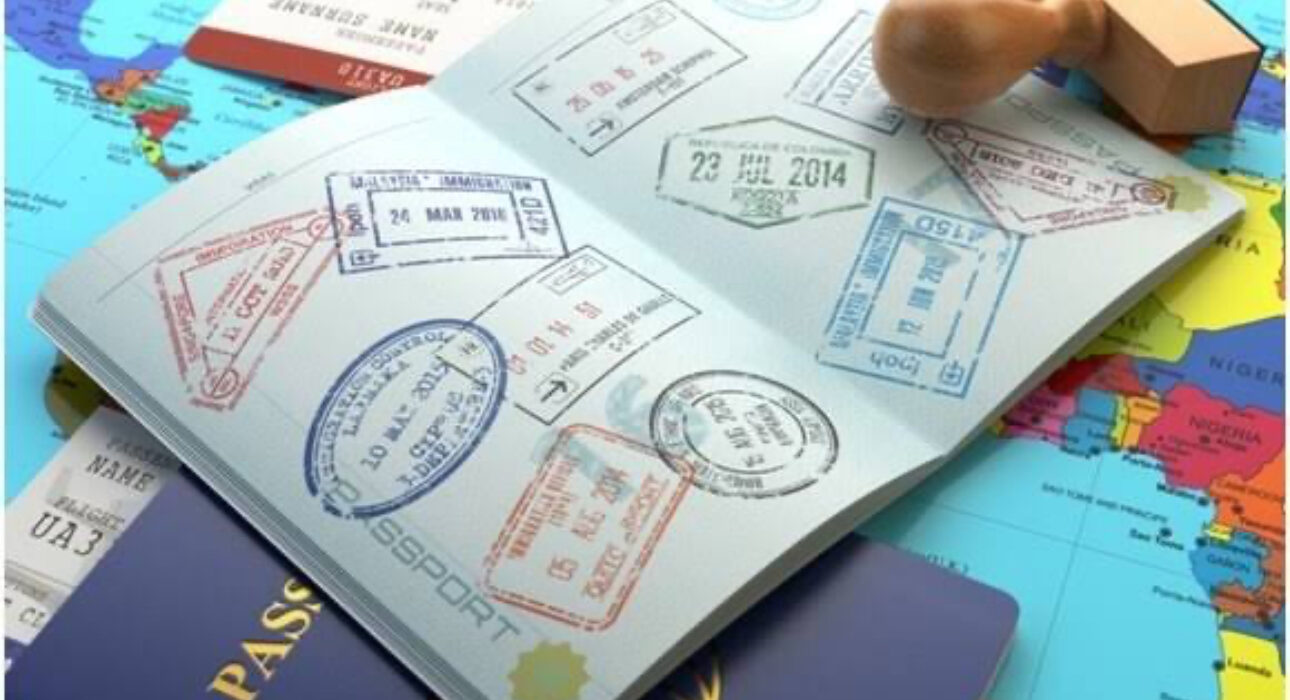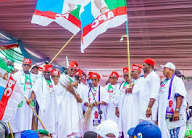Federal Government Pushes Back as U.S., UAE Impose Stricter Visa Rules on Nigerians

The Nigerian government has expressed serious concern over recent decisions by the governments of the United States and the United Arab Emirates to introduce stricter visa requirements for Nigerian citizens.
In separate moves, both countries have altered their visa policies, significantly tightening travel opportunities for Nigerians seeking to visit, study, or work abroad.
In response, the Federal Government, through the Ministry of Foreign Affairs, stated that it is currently reviewing the implications of these decisions and will issue a formal response following consultations with relevant stakeholders.
“We are assessing the new policy and its necessary implications,” said Kimiebi Ebienfa, spokesperson for the Ministry. “The government will respond soon, after due consultation with relevant stakeholders.”
The United States Department of State has revised its visa issuance policy for Nigerian citizens, limiting most non-immigrant visas—such as business (B1), tourist (B2), student (F), and exchange visitor (J) visas—to single entry and a validity period of just three months. This is a stark departure from the previous arrangement, which offered multiple-entry visas valid for up to five years.
The U.S. Embassy in Abuja attributed the change to adjustments in its global reciprocity policy, which aligns the duration and type of visas granted to Nigerians with the terms the U.S. receives from Nigeria.
However, critics have noted that this shift will severely affect students, business professionals, and frequent travelers who previously relied on long-term visas.
In a parallel development, authorities in the United Arab Emirates have halted transit visa approvals for Nigerian passport holders and introduced a stricter screening process for tourist visas. Nigerians aged 18 to 45 are now barred from obtaining UAE tourist visas unless traveling in a group or with a sponsor, while applicants aged 45 and above must provide a six-month bank statement with proof of earnings of at least $10,000 per month before they can be considered for a visa.
These measures have led to growing frustration among Nigerians, many of whom have close ties to the UAE through business, education, or family connections.
In response to the developments, Nigeria’s Ministry of Foreign Affairs has urged both countries to reconsider their positions and approach the issue in the spirit of reciprocity and mutual respect.
The Nigerian government emphasized that these changes come at a time when efforts were being made to strengthen diplomatic and economic ties between Nigeria and its global partners.
Minister of Interior, Olubunmi Tunji-Ojo, recently held a closed-door meeting with U.S. Ambassador Richard Mills Jr. in Abuja. The discussions reportedly centered on visa reciprocity, Nigeria’s new e-visa platform, and concerns over travel integrity and bilateral cooperation. The government has also been consulting stakeholders across its embassies and the diaspora to assess the broader impact of these restrictions, with a view to taking action that protects Nigerian interests abroad.
The policy shifts by the U.S. and UAE follow similar visa restrictions recently introduced by other countries including the United Kingdom, Canada, and Saudi Arabia. Analysts have linked this wave of restrictions to rising concerns over immigration control, document fraud, and overstays by foreign nationals, including some Nigerian travellers.
For many Nigerians, particularly students and professionals, the latest policies are expected to disrupt international plans and raise the cost and complexity of international mobility. Several travel agencies and education consultants have already reported a spike in cancelled plans and inquiries about alternative destinations.
While the government has yet to announce specific countermeasures, its insistence on a review and consultations indicates that diplomatic engagement will be its first course of action. Observers believe that any retaliatory move, such as the introduction of reciprocal visa limitations, could have far-reaching consequences for diplomatic relations and economic exchange.
In the meantime, the Federal Government is urging Nigerian citizens to remain calm and law-abiding, while it continues discussions with the affected countries. “Nigeria values its bilateral relationships,” the Foreign Affairs Ministry stated. “We are confident that through dialogue and mutual understanding, a balanced and fair resolution can be reached.”








